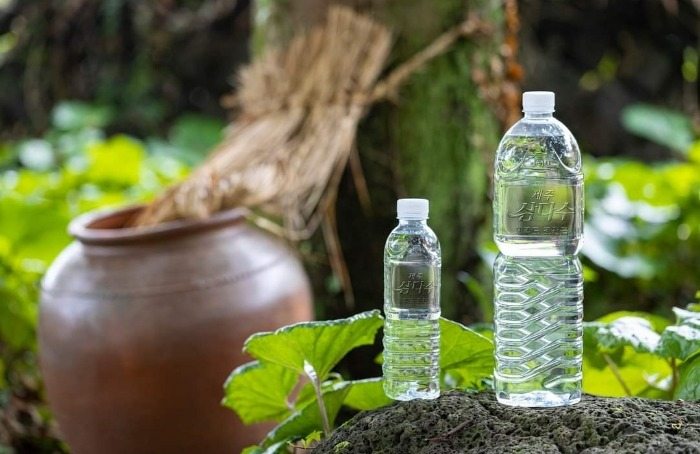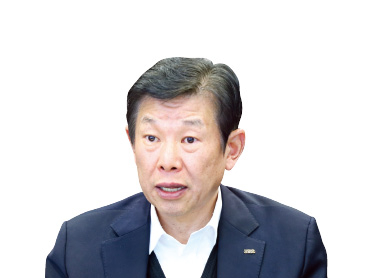Food & Beverage
Jeju Samdasoo enters India, ships 45 tons of mineral water
The Jeju Province Development Co. exports around 8,000 tons of Samdasoo per year, less than 1% of its annual production capacity
By Dec 01, 2022 (Gmt+09:00)
1
Min read
Most Read
LG Chem to sell water filter business to Glenwood PE for $692 million


Kyobo Life poised to buy Japan’s SBI Group-owned savings bank


KT&G eyes overseas M&A after rejecting activist fund's offer


StockX in merger talks with Naver’s online reseller Kream


Mirae Asset to be named Korea Post’s core real estate fund operator



South Korea’s leading bottled mineral water brand Jeju Samdasoo has begun exports to India, shipping 45 tons of the water there from the resort island on Thursday.
The demand for Korean foodstuffs is high in the South Asian country, which boasts a population of a whopping 1.39 billion.
The CEO of Jeju Province Development Co. Kim Jeong-hak said, “We plan to increase the percentage of our overseas revenue to above the 10% range from 2025.”
The company is responsible for bottling and selling Samdasoo products.
21 EXPORT DESTINATIONS
Kim’s office in Jeju City is filled with bottled water from around the globe.

India is Jeju Samdasoo’s 21st export destination. The company plans to increase the shipment volume to the country to 200 tons.
Samdasoo ranks first place in Saipan’s imported water market.
In Taiwan, an average of 5,00 bottles of Samdasoo are sold a day, surpassing the sales volume of French mineral water Evian there.
The Jeju Province Development Co. exports around 8,000 tons of Samdasoo per year, less than 1% of its annual production capacity of around a million tons.
But the company invested 150 billion won ($115.1 million) into building an eco-friendly smart factory by 2025. When complete, it plans to push forward with robust expansion into overseas markets.
The new plant will increase the company’s overall production capacity to 1.4 million tons.
Write to Soo-Jung Ha at agatha77@hankyung.com
Jee Abbey Lee edited this article.
More to Read
-
 Korean startupsMobility startup Poen takes first place at Geeks Show Up event in Jeju
Korean startupsMobility startup Poen takes first place at Geeks Show Up event in JejuNov 18, 2022 (Gmt+09:00)
1 Min read -
 Future mobilitySK Telecom-led consortium to commercialize air taxis on Jeju Island
Future mobilitySK Telecom-led consortium to commercialize air taxis on Jeju IslandSep 14, 2022 (Gmt+09:00)
2 Min read
Comment 0
LOG IN


